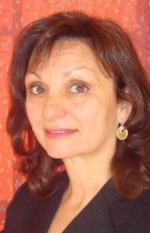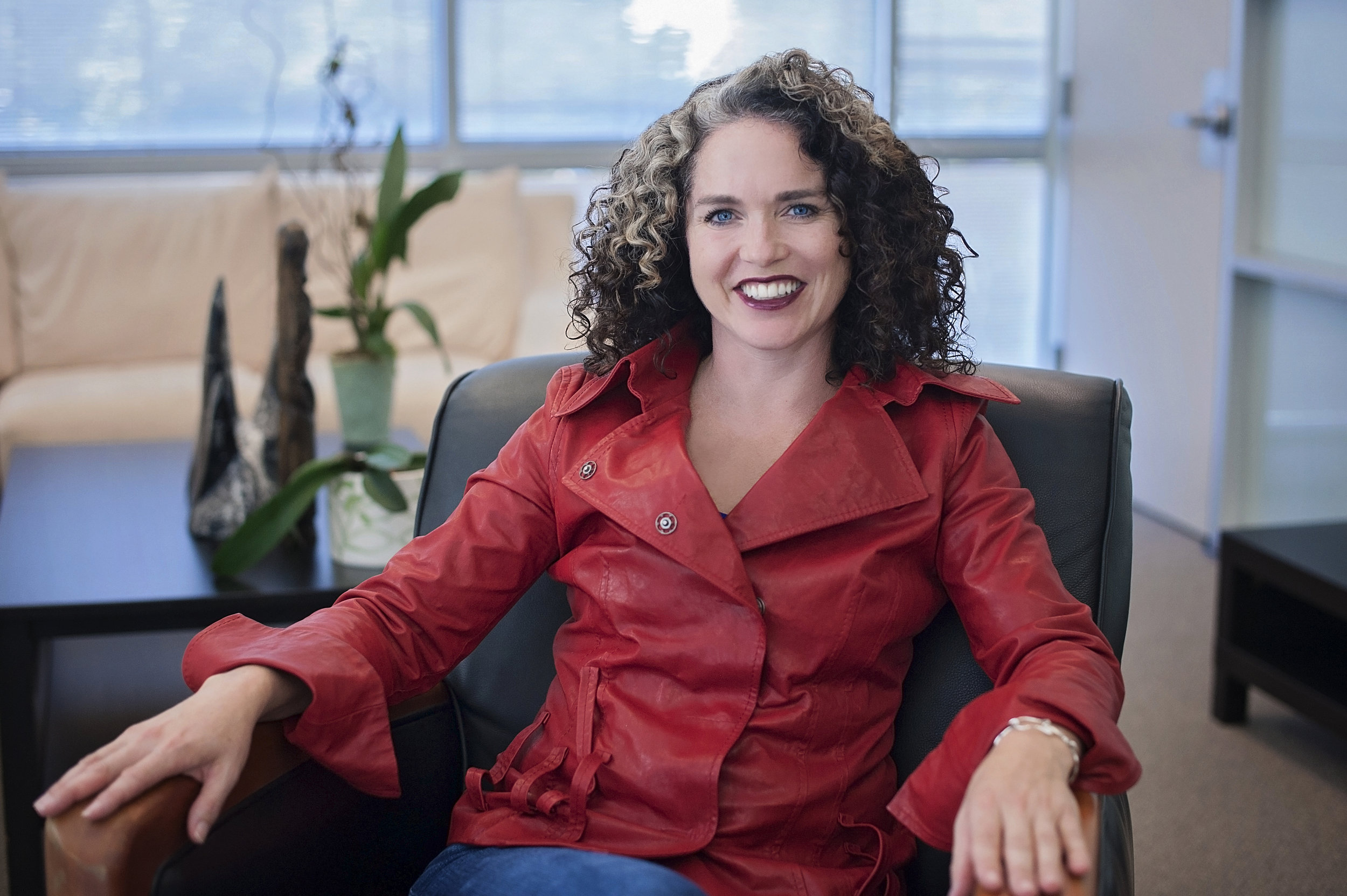A cup of java…
We recently sat down with Yasamin Miller at one of the best coffee shops in the country, tucked away in a leafy neighborhood in Ithaca, NY. To the hiss of espresso steam and the clatter of cups and saucers, we talked about the present and future of survey research, a highly technical field that also requires a deep understanding of people.
Miller spent 20 years at Cornell University, the Ivy League powerhouse, as founder and director of their Survey Research Institute. In 2004, she actually developed, in-house, the first web platform for surveys, before Qualtrix and Survey Monkey. It’s being used at Cornell to this day.
Then, in 2015, she left Cornell to start her own company. 2017 is something of a breakout year for Miller. The Yasamin Miller Group has just won a hefty extension of an additional $220,000 on top of the $500,000 grant they were awarded in 2016 from the Council of State and Territorial Epidemiologists (CSTE). They work on behalf of the Centers for Disease Control and Prevention (the CDC).
Your company is less than two years old and already you are getting huge grants and big client deals. What’s the secret?
My new business model is pulling together teams of interdisciplinary experts, because that’s the key to doing good survey research today. For this project, I brought in psychologists, epidemiologists, cancer specialists, data scientists, and communications experts. I think that’s why our team was awarded the grant and we were offered the extension.
I have a panel of experts and as the projects come in, I will bring in those experts who will be best suited to address the task at hand. Most survey shops are not able to offer this new way of thinking due to the expense of having such a breadth of expertise across so many disciplines. These professionals all have their own full-time jobs—at Stanford, at Microsoft, etc.. It results in customized, high quality work.
Why did the CDC give you this big chunk of money?
We got the grant to pilot test the feasibility of pushing out surveys via mobile app. So, we did a pilot test in a small college town out in Vermont. We pushed out 3 short surveys. The first set of surveys involved general health. Then we asked about drug and alcohol use.
Things people like to lie about?
Exactly. And then a third survey just to get feedback on their experience doing the surveys. We had baseline data that we used to validate our findings, and what we found was that they were being truthful. Because it compared to the data we had. And we got more men to respond to our survey using this platform.
Do women like to take surveys more than men do? Is that the problem you were trying to overcome?
They do, but we found with the app that we got more men and more minorities than with conventional surveys, which is huge. We’ve got to give people ways to communicate without feeling uncomfortable or left out. But this was not the particular problem we were trying to address. Rather, the problem is that people in general are not responding to the conventional telephone surveys.
What’s the continuation funding for?
To do more testing on branding. Survey research is no longer about just writing up good questions. You’ve got to brand and market it. It’s got to capture the attention of the audience and keep them engaged.
But don’t you worry that if you concentrate too much on making your survey thrilling, you might be compromising the validity?
You’ve got to be really careful that you’re not turning into Coca-Cola. But you’ve got to be legit and you’ve got to capture the attention. I mean the Millennials are challenging those of us in survey research. Their motivations are very different. Now you need to explain more clearly what is the social exchange here? What do you get out of it? How does this help society?
The CDC needs to know about health information in this country, especially mental health and drug abuse, in light of the current opioid epidemic. The way the CDC has operated in the past is they put out fires. We’re flipping it around—surveying people and getting the pulse before it happens. With a mobile app, it’s a two-way conversation.
So, what we can do is not just ask for information, but through the app, we can share information, about your region. You’re engaged, it’s interactive, you’re getting something.
If a young woman wanted to work for you one day, or have a company like yours, what advice would you give her about education?
My background is computer science and stats, and I still think that’s valid. Understanding technology is critical, and then if you’ve got a level of curiosity, you’re going to expand into all kinds of disciplines.
How do you stay current with technology?
I know the fundamentals. I have an amazing web development team out of Uruguay. I was looking for developers when I left Cornell. I talked to people in Seattle and Silicon Valley. I looked for people who not only have strong set of skills, but also have the same values I do. It’s of course important to make money. But it’s as important to do something that you’re proud of and where you feel like you’re making a difference.
This group is a team of 50 developers, engineers, and designers. They offer a program where they give scholarships to local teens in very, very poor areas of Uruguay, to teach them more about STEM. They hire them in the summer for internships, and then as as regular employees. This is life changing not only for the young people, but also for their families and local community. It provides a way out of poverty for the entire family.
So, I don’t need to know everything, I just need to know enough to be the architect of the solution, and I let them worry about the details. It’s really important to work for a few years in the trenches, so you know how to create a database and you can understand the nitty gritty.











